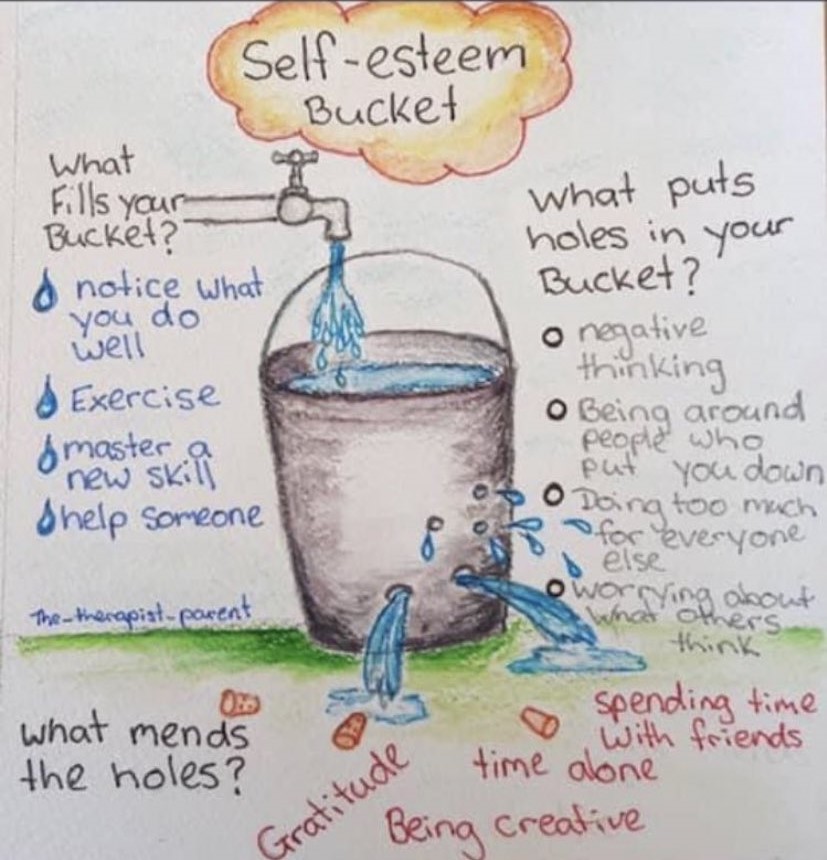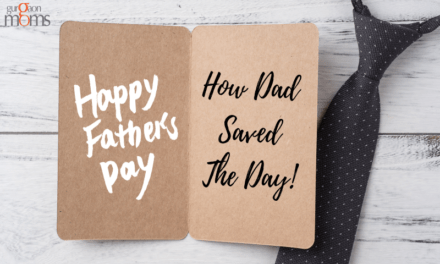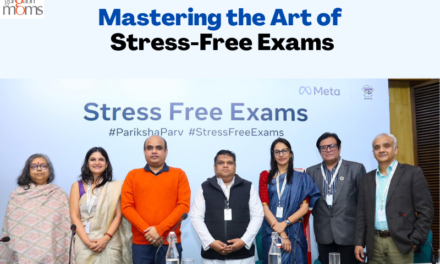“I hate uncertainty and last minute fire-fighting situations!”
“What I do is more about keeping people happy and belong!”
“My decisions are more influenced by factors outside me because I feel ill-equipped to make it any good on my own!”
“I am fearful and unable to express my emotions in balanced ways!”
“Being aggressive is my best coping mechanism!”
“I am overwhelmed by life at school and socially unable to make a head way because I am always taking things personally or pondering about what others might be thinking of me!”
“I don’t like to be told where I am lagging or going wrong- accept me or drop me, I give a damn!”
“I can’t imagine to stand myself- there is lot about my looks and body that bothers me!”
“I am at unease to receive or give sincere compliments!” “I am a bundle of nerves around most small decisions and big decisions are not my cup to handle- “Co-Dependence is my life mantra!”
“I thrive on control of people, things, situations!”
“I adjust with lack of control in my life with perfectionism and over performance or even procrastination!”
“I succumb to pressures at school, with friends and go in a shell!”
“I am rigid, inflexible, anxious and change- aversive – its always because of others and I hate to be told that I am guilty!”
“Even a well- meaning advise smells like a conspiracy to me!”
“And in extreme cases, I feel so unworthy that it clouds my thoughts. Actions and emotions.
“The only reprieve I Get is in being overly anxious, overthinking, analysis-paralysis or even self-harming!!”
“At least in that moment, the pain shifts from my head to my body and for a while I feel better!!!”
Well if you have seen this happening in children around, Know the missing link in this well meaning article today.
‘It is a weak Self Concept and an even weaker Self-Esteem that is the concern.’
Ask any parent as to what they want for their children, the one thing that stands out on common consensus is, “I want my child to be happy & healthy “ With happiness on mind we need to consider the two building blocks of robust mental health & well-being that matter in adolescents in particular and children in general.
- Self-Concept (Macros of the Personality) and
- Self-Esteem (Micro building block of the SELF)
Self-esteem can be best defined as ‘the evaluation that people often make about themselves as a part of their engagement with the parents, teachers, peers, society and any others.
Personal worthiness is subject to one’s self-esteem.
It impacts if they even believe they are capable, skilled or equipped to achieve anything worthwhile.
It’s this micro yet very prominent aspect that helps them make sense of their world in either resourceful or limiting ways and becomes a self-fulfilling prophecies of life choices overall.
Hope you can clearly see how insidious it can be if it is low.
It diminishes their entire ability to cope, meet challenging scenarios or being assertive enough to reclaim their rightful space in the world.
What you say and what they hear has a big disconnect in children with low self-esteem.
In contrast, the ones with high self-esteem find it easier to accept their mistakes and make amends.
(Picture courtesy-Twitter)
Knowing that Self-esteem has a big role to play in..
- Rational thinking
- Objective Behaviors
- Initiative taking
- Risk taking
- Managing fears
- Minimize fear of unknown
- Willingness to endear self-growth
- Ability to handle critical feedback…matters for every conscious Parent because it is not just a one off situational mindset but a very enduring part of them. It stays over life and spills over in all areas of learning, performance, growth and development.
If left to chance, we see them struggling in more areas than one and perpetuating a vicious cycle of self-doubt and incapability. Just when you thought all is well with our children, you need to hear this->
‘Persistent emotions of low self-esteem have resulted in self-harm tendencies in a vast majority of young adults and the numbers are shocking in the year 2021-22.’
If you thought it was genetic or the off shoot of the current times, I need to bring it out in the open that it’s often a result of our interactions at home, family environment and Parental conflicts, Social- bullying, teacher’s apathy and all unreasonableness of adults, that fuel the matter to turns grave.
It is worth Knowing that our active supportive life choices, proactive modelling of tackling tough life scenarios managing fears, chaos, conflicts and uncertainty is being watched and being soaked in deeper than we can believe.
Are we mindful dear Parent?
Are we modelling right dear care-giver?
WHY???
“We cannot NOT influence” adage matters here!
A healthy self-esteem is the current age recipe for happier generation. Each time their efforts borne good results or they are able to manoeuver a tough task, it spikes a neurological high… because it provides all the psychological nutrients of wellbeing-
- Autonomy
- Competence and
- Faith in oneself
No wonder we have a generation that thrives on video games, currently that’s the only place where they get all three in bulk.
How right or wrong is that is nobody’s guess anymore.
It is worth highlighting here that a balance is most applicable in here as we de-code how much of self-esteem is a great idea.
An over the top self-esteem is the cause of over-confidence and being self-centered individuals. The interactions where a child exercises rudeness, disrespect for norms, authorities and mores can be a big hindrance in maintaining close relationships and bring up trust issues just because of out of proportion sense of self.
If you have been able to appreciate the powerful micro of the self-esteem by now, let’s see how it fits into another powerful macro called ‘EMOTIONAL INTELLIGENCE.’- the ability of a child to manage under stress and pressures
Emotional Intelligence = Identity formation + Self-esteem.
EI = I + SE
Simplest of definition of EI encapsulates our children and their relationship with
- self,
- knowing themselves,
- managing themselves,
- managing social roles and expectations and above all
- having the skills to navigate the world of trusting & harmonious relationships
- deep connections
- Understanding their role in this bigger world and where they fit in
- Believing in their potential and to show up irrespective of what life throws at them.
When we do not support, guide or mentor them in this life phase of Identity formation and Self-esteem building ( starts as early as 2 years and particularly at 9-14 years), We are inviting all things that are the enemy of our child’s Happiness, things like stress, anxiety, anger issues, guilt, grief, self-doubt, irritability, trust issues, misaligned goals and aspirations and a life of chaos and confusion.
If this does not terrify, You, you need to hear this leaf from my personal diary
“I have been handling a good percentage of self-harm cases of late as part of my work as a Psychologist- Youth mindset & Personal Growth Coach. And it hurts to see so many children having no clue of good coping styles.
Each discovery call tells me that they have experienced overwhelm, loneliness, self-doubt, unworthiness, inability to perform, disconnect with the family members, shame perfectionism, embarrassment, people-pleasing, despair, hopelessness, boredom, comparison, overwhelm and the likes”
How can adults help and nurture a more self-assured generation?
Role of a Parent in Developing self esteem
- Let’s Keep your responses in perspective- As you nurture a child there will be times he will make mistakes or act silly or err. Respect their limited experiences and exposures and step up to be the buffer than a judge.
- Your disapprovals or threats psyche them up. Continuous comparisons dampen their risk taking appetite and fill them up with nagging self-doubts.
- Unaddressed issues of Parental relationships are mentally scarring and induce thoughts of self-harm or suicidal ideations if it gets too unbearable.
- Their dilemma, problems around friends, love and peers mean a lot to them, develop empathy and allow freedom to express and seek support.
- Let’s Work proactively on your self-growth, temperaments, moods and shift to responsible ways of being in the house. Commit to connection, communication and cohesiveness,
- Clear communication of family values, Boundaries- physical, emotional, material, religious, mental; standard behaviors, with a negotiable approach helps.
- Let’s Have clear expectations of what is acceptable and what is not else we raise children who are anxious and confused and unsure.
- Keep your expectations in clear matching with the child’s potential, temperaments, personality, interests, and specific developmental needs.
- Shift the focus from performance alone to accommodate effort.
Efforts are in his control but the outcome is not, this message is very comforting and spurs motivation and can-do spirit.
- Be consistent in what you want from your children. Spell out clearly what you expect and don’t fight all battles. Save some for another time.
- An inconsistent parent can kill self-esteem effort. More so if they hold rules and regulations above their children
Because a child spends a big time in school Teachers have a role to play too.
Role of Teachers in developing self-esteem
- Spare the rod and spoil the child is for the bygone eras. Physical stings are a big NO. Thanks to the empathetic laws. Please know your verbal stings can be equally torturous and identity spoilers. Respect their right to be treated with love, respect and empathy.
- Teach them from a space of faith than fear. A place of faith will ensure they favor growth, positivity and a can-do spirit. Failures will then be utilized for feedback and not labelling!
- All impatience with their performances, humiliation and threats of punishment corrodes their self-esteem and create issues of worthiness. Let’s be careful.
- A teacher should come from a place of healthy positive and assured sense of self too because they are the models for an entire generation.
- A teacher has to balance the fine art of spurring them to performance and enthusiasm while being able to draw their attention to gaps in learning or behaviors in ways to support than judge and reprimand.
3 NEW AGE TOOLS INTO THE WAY AHEAD OF RAISING HIGH SELF ESTEEM INDIVIDUALS-
Here are a set of three best ways to nurture the best of self-esteem in our Young brigade this CHILDREN’S DAY
- Use Rumble language tools –
How about taking over and talking with ‘I’ at the core
- You ignore me to I FEEL IGNORED!
- You always do as you like to I SEE THIS A LITTLE DIFFERENTLY I WAS WONDERING WHAT MAKES YOU DO IT THE SAME WAY ALWAYS?
- You never tell me the facts to I AM CURIOUS AS TO WHAT STOPS YOU FROM SHARING THE FACTS WITH ME?
- Know the Primal Need Model: As an individual we all need 8 elements as part of our genetic coding, any missing link can impact our sense of self beyond repair.
May I suggest you to rate yourself on each one ( use a scale 1-10) as you nurture your children and work towards filling the gaps, if any?
- Acceptance
- Connectedness
- Contentment
- Freedom
- Gratification
- Guardianship
- Prestige
- Survival support.
- Transformational Language
Linguistic Markers- Pay attention to your language and of your children too.
- I am Lazy
- I am unfit
- I am stuck
- I am a failure….
These are deep enough tags to identity and chances are they are creating more damage than anything else. Let them know to neutralize the impact by shifting what they say.
- I feel lazy to act/do the work and not I AM LAZY
- I feel unfit to make a move and never I AM UNFIT
- I feel stuck and unable to shift than to be stuck with I AM A FAILURE
Please know and instill in the children that ‘BEING A PUPPET OR A PUPPETEER IS JUST A LINGUISTIC CHOICE!!’
To conclude it all I can rest my case with is that there are enough researches that talk about the role of the environment on our children.
Know dear Caretaker or guardian angel that there is a biggest need today than ever to WALK YOUR TALK. Be the model of all the growth, change and possibilities that you want your children to believe in.
“The only way through life for them is ‘THROUGH- through YOU’!!!!!”
If you still feel unsure or un-resourceful, grab right & experienced professional help because “IT TAKES A VILLAGE TO RAISE THE CHILD!!!!!”







